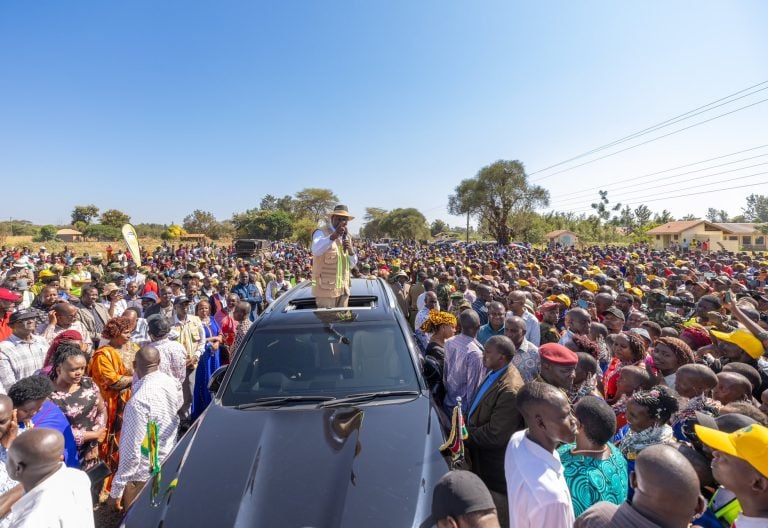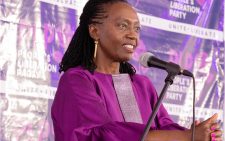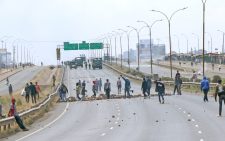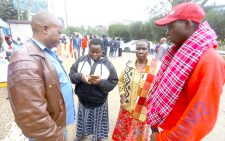Leaders should stop early poll campaigns

For the umpteenth time, the National Cohesion and Integration Commission (NCIC) has been forced to cut short its holiday to issue a statement, warning politicians against making inflammatory statements that could lead to chaos.
Whereas the 2027 General Election is about two and half years away, any visitor to the country would be forgiven to think Kenya’s presidential election is only months away.
All the leading politicians – starting from President William Ruto, his deputy Kithure Kindiki, former DP Rigathi Gachagua and former vice president Kalonzo Musyoka – have already shifted into campaign mode.
The politicians are rebranding themselves, making public appearances, and even laying the groundwork for what they hope will be a successful run for the highest office in the land.
President Ruto himself has been in overdrive, traversing various parts of the country, particularly former strongholds of former Prime Minister Raila Odinga, as he engages his perceived political foes in a war of words as if in search of votes.
Kindiki, on the other hand, has been busy receiving delegations at his official Karen residence, from where he has launched verbal attacks on his predecessor.
However, this early dive into the fray is not the right approach. While the temptation to start political campaigns is understandable, there are several reasons politicians should hold off full-scale electioneering.
The premature shift to campaigns appears to have diverted the attention of leaders, particularly those in government, from their critical responsibility to serve Kenyans.
In their race to secure their place in the next election, the President, his deputy, MPs and MCAs appear to have lost sight of their current mandates.
The rush to start early campaigns for the 2027 elections may be tempting, but it’s vital for politicians, in particular the President and his team, to remember their primary duty – serving the public now.
It is therefore important for politicians, both in government and the opposition, to hold their horses on the next election in order to save the country from distractions, reduce voter fatigue, foster a more accountable and thoughtful political environment, and contribute to a less divisive and more meaningful electoral process. while at it.














